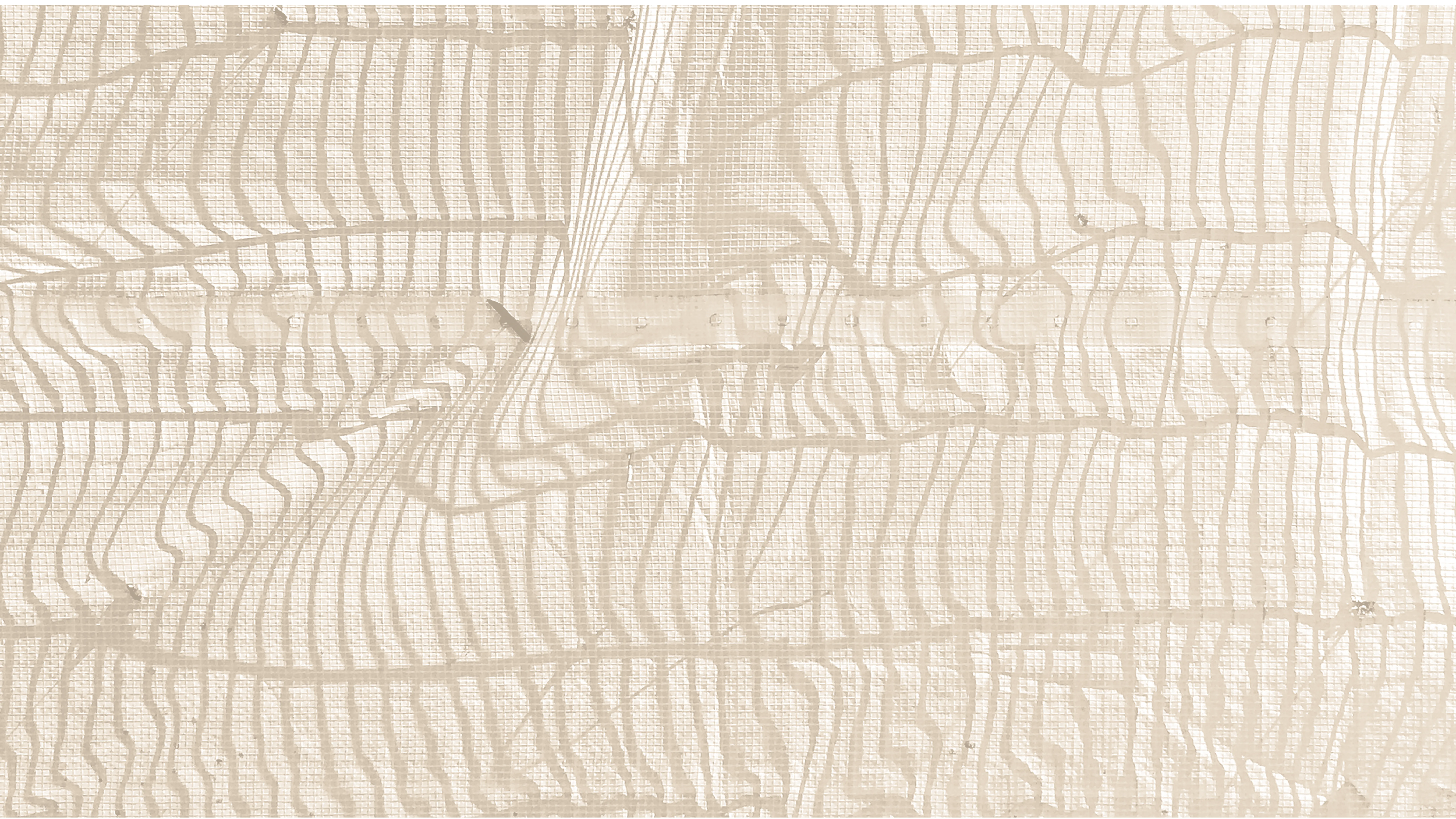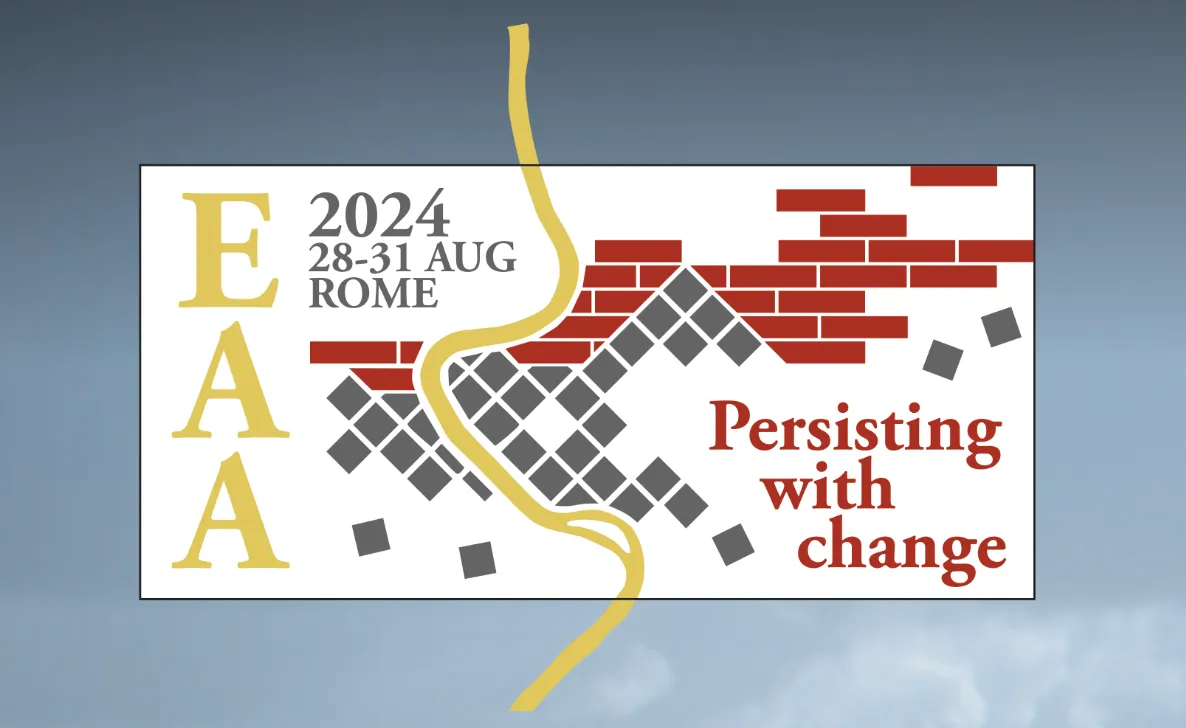
EAA (European Archaeological Association) Conference
- Date
- August 28 – 31, 2024
- Location
- Rome, Italy
Capacity Building for FAIR Data Sharing and Digital Preservation
(Session 381, Discussion with formal abstracts)
More than other disciplines, archaeology relies on the proper collection, documentation and publication of data because of excavations being an inherently destructive methodology. Moreover, research progress relies strongly on sharing this data to allow or comparison and contextualisation of findings and processes.
In the last decade, data sharing was boosted by the development of research infrastructures such as ARIADNE RI (Research Infrastructure), which now also provides the archaeological expertise in the EU-funded ATRIUM project. ATRIUM aims to consolidate and expand such services across the Arts and Humanities.
Despite all these activities, the SEADDA COST Action identified a fragmented landscape. Many countries lack the capacity and expertise to create and manage data according to the FAIR principles (Findable, Accessible, Interoperable, Reusable), or to ensure their long-term preservation. Moreover, researchers may have already heard about such research infrastructures but often are held back in sharing data through them. A major obstacle seems to be the lack of standards and guidance but also intuitive tools to feed one’s own data into a research infrastructure. Consequently, data are still not as widely available and cannot flow as easily as would be desirable to boost archaeology.
Our session brings together researchers and infrastructure providers, archaeologists and archaeological scientists. We invite contributions spanning users and providers which identify and discuss the issues and challenges we face when using datasets, sharing data and keeping them available in the long-term, from the peculiarities of single data sets over the huge diversity of data archaeologists handle, to the current volatility of funding for research infrastructures. In the discussion, we will aim to define some guidelines on how data sharing can be facilitated on the different levels and what actions are needed by individuals and institutions to let data flow with research infrastructures as their safe and permanent havens.
Session organisers:
- Thomas Rose, Forschungsbereich Archäometallurgie, Leibniz-Forschungsmuseum für Georessourcen/Deutsches Bergbau-Museum Bochum
- Julian Richards, Archaeology Data Service, University of York
- Matteo Giaccari, Department of Earth Sciences, Sapienza University of Rome
- Franco Niccolucci, PIN, University of Florence
- Isabella Ercoles, Department of Earth Sciences, Sapienza University of Rome
Contact: thomas.rose@bergbaumuseum.de
Download the PDF version of this Call for Papers.